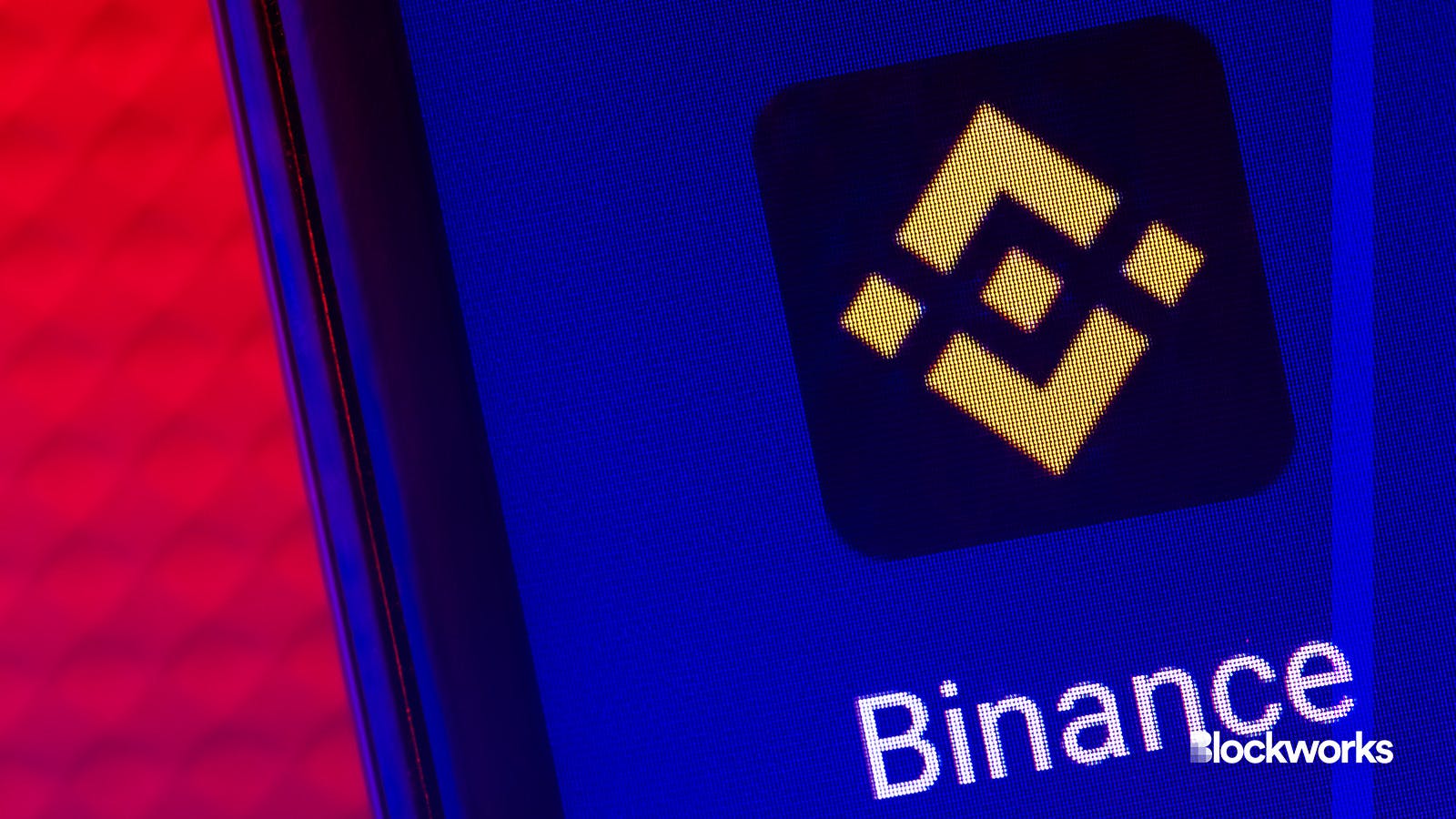Binance receives license in Dubai, moves SAFU fund to USDC
Binance is making moves, from receiving a new license in Dubai to switching its SAFU fund to USDC

Sergei Elagin/Shutterstock modified by Blockworks
Binance has secured a virtual asset securities provider (VASP) license from Dubai’s Virtual Assets Regulatory Authority.
Binance said that its Dubai arm can now offer services to the retail market, as well as expand services to both qualified and institutional investors.
According to a blog post, Binance FZE will now “introduce new options through its lending and borrowing services,” which will include virtual asset loans.
“Management and investment services will enable users to leverage features such as ETH staking, BNB Vault, and Launchpool to amplify the earning potential of their digital assets,” the post continued.
The exchange previously held a minimum viable product license, which it was granted back in July 2023.
Bloomberg reported that the firm was granted the license upgrade after former CEO Changpeng Zhao agreed to give up his voting control in the entity. Last year, Zhao stepped down as CEO of the firm after the Department of Justice and Binance announced a multi-billion dollar settlement deal.
Read more: Binance ‘deeply disappointed’ about the ongoing detention of an executive in Nigeria
Additionally, Zhao pleaded guilty to breaking US anti-money laundering laws. He faces sentencing in a US court later this month.
Current CEO Richard Teng said that the new license “conclusively proves our steadfast commitment to revolutionizing the future of finance. Our attainment of this milestone stands as a solid affirmation of our continued drive for transparency, regulatory compliance, and responsible growth in the ever-expanding digital asset sphere.”
Elsewhere in Binance’s realm, the firm converted the assets held in its Secure Asset Fund for Users (SAFU) to Circle’s stablecoin USDC. The fund is an emergency insurance fund that was established in 2018. Binance, in a blog post, said that it typically sets the fund’s level to $1 billion.
“We are transferring 100% of SAFU’s assets to USDC. Making use of a trusted, audited, and transparent stablecoin for SAFU further enhances its reliability and ensures it remains stable at $1 [billion],” Binance said.
The SAFU fund was formerly made up of bitcoin, Binance’s native BNB, Tether’s USDT stablecoin and TUSD, according to a Binance Academy post.
And while there won’t be any new updates in the ongoing back and forth between Binance and Nigeria until Monday, when a detained Binance executive is expected to have a bail hearing, a new report from the New York Times shines more light on the tension between Nigeria and the exchange.
A compliance officer for Binance, Tigran Gambaryan, has been detained — and is now in prison — in Nigeria. He was taken into custody back in February, though authorities were careful to note that he had initially not been arrested. However, a Nigerian court sent the Binance executive to jail last week.
Binance has repeatedly said that Gambaryan holds no “decision-making power” in the company. According to the report from the Times, this was the second such trip the executive made to the country, though both he and Binance’s regional manager in Africa — Nadeem Anjarwalla, who later escaped and left the country — were not expecting to be detained by authorities.
It’s unclear at this point where discussions stand between Binance and Nigeria. According to the Times, the White House is reportedly engaging with the US Embassy in Nigeria to “resolve the situation.”
Get the news in your inbox. Explore Blockworks newsletters:
- The Breakdown: Decoding crypto and the markets. Daily.
- 0xResearch: Alpha in your inbox. Think like an analyst.






